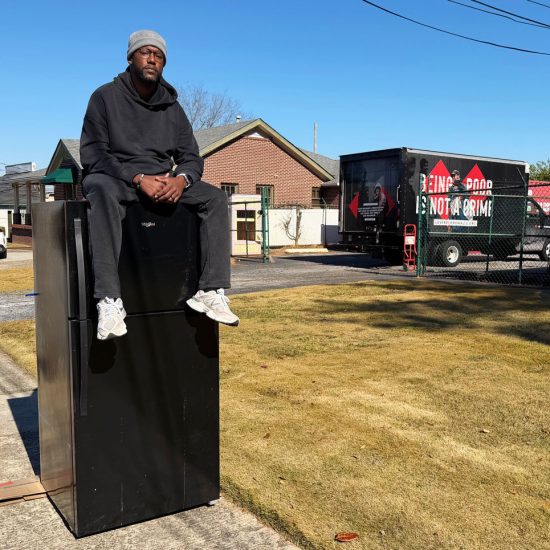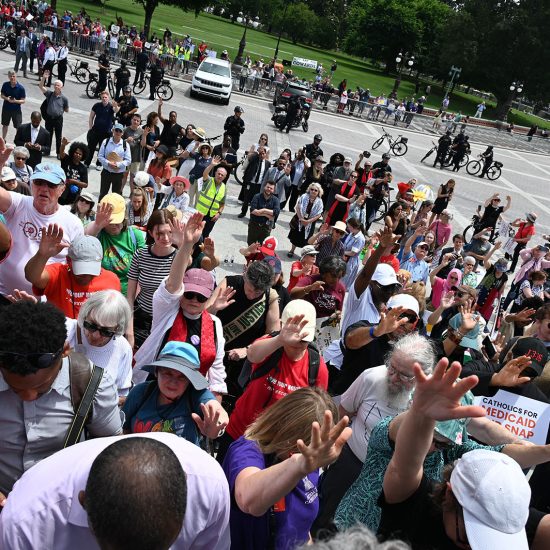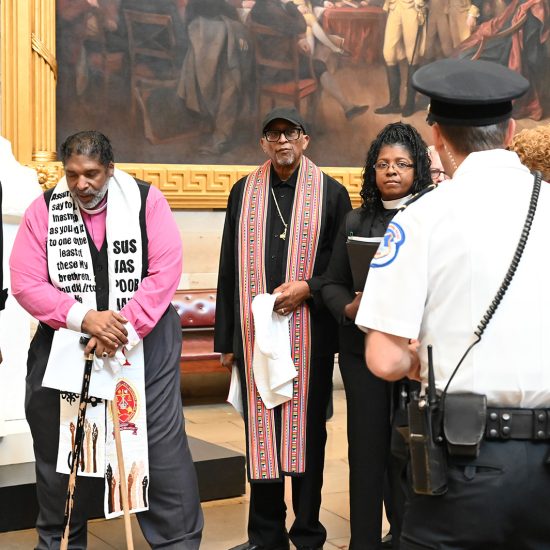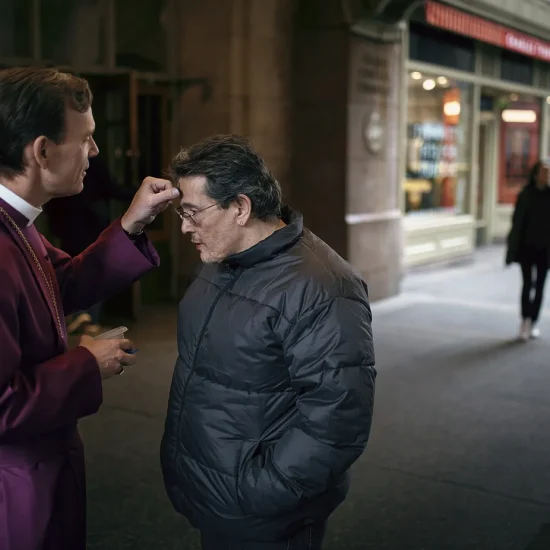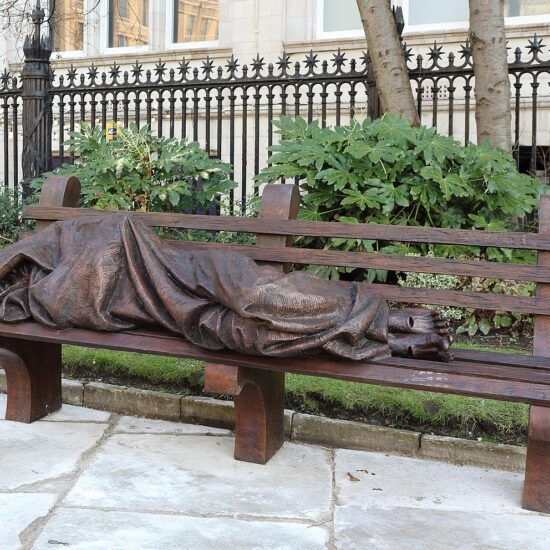JEFFERSON CITY — Missouri's poverty rate stands at 15.5 percent, with the rate among children under 18 at 18.9 percent. Individuals and groups, including churches, are partnering to help lower those numbers.
Missourians to End Poverty (MEP) — a non-profit coalition of individuals, businesses, organizations and government agencies — hosted a poverty summit in Jefferson City June 14 to share information and offer suggestions for programs and initiatives to alleviate poverty across the state.
Missouri has the 15th highest poverty rate in the nation and its economy is lagging behind the national recovery, lunch speaker Lt. Gov. Peter Kinder told attendees. He stressed Missourians' willingness to work together, citing the outpouring of help for Joplin since a tornado plowed through the city on May 22.
That attitude has helped the lieutenant governor's office to expand programs to assist low-income families, particularly children and senior adults, and to involve more people in mentoring. The state currently allows its employees one hour of work time each week to mentor a student, he explained.
Summit attendees chose two of five breakout sessions, each session representing one of five pillars the MEP believes are key — food, education, housing and energy, family and economic security, and health. Presenters at each session shared stories about successful initiatives.
Attendees also learned the last session of the Missouri Legislature failed to adopt some strategies to assist the state's poorest residents. Mike Halterman, CEO of Catholic Charities of Kansas City and chair of the MEP policy committee, pointed out some "positives," though. Legislators kept funding for childcare, MoRx to assist with prescriptions, foster and adoptive services, Parents as Teachers and some other programs at current levels.
However, he pointed out state lawmakers cut funding in housing, health insurance, higher education, and services to dialysis and kidney patients.
Halterman urged participants to get involved and suggested specific actions to take:
— Increase awareness of poverty issues through attending events and joining groups;
— Hold legislative house meetings for federal, state and local legislators;
— Develop solutions by partnering with other groups; and
— Develop pilot projects focused on specific issues.
And finally, he encouraged listeners to unite. "At present, our advocacy efforts are fragmented," he said.
About 500 people attended the event at Jefferson City's Capitol Plaza Hotel. Many participants represented government-supported and faith-based organizations. Some, though, attended to discover programs that might work in their areas and to network with others.
Kent and Doris Fortney sought to network. The couple volunteers at the Lia (Love in action) House in El Dorado Springs where they assist with a variety of programs. The pair had grown up in the area and returned after retirement. "We decided we wanted to make a difference in the community," Doris said.
While most churches in the town support the effort, Lia House may face increased funding pressure since the West Central Community Action Agency closed its field office there. The Fortneys were hoping to discover possible funding resources.
A group of members from Meadow Heights Church in Fredericktown attended to learn about programs. The Missouri Baptist Convention-affiliated congregation is considering teaming with the East Missouri Action Agency and a local school to begin a health initiative in the area.
Collins Tuohy, adoptive sister of Baltimore Raven Michael Oher featured in the movie, "The Blind Side," brought the keynote address.
Related story:


